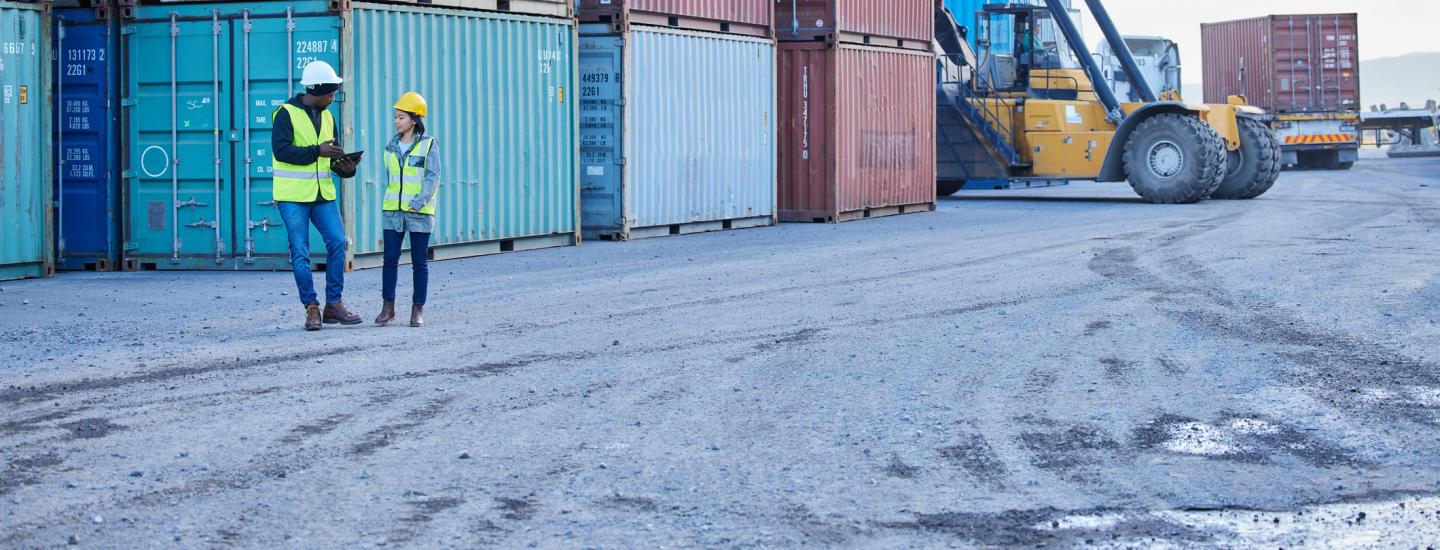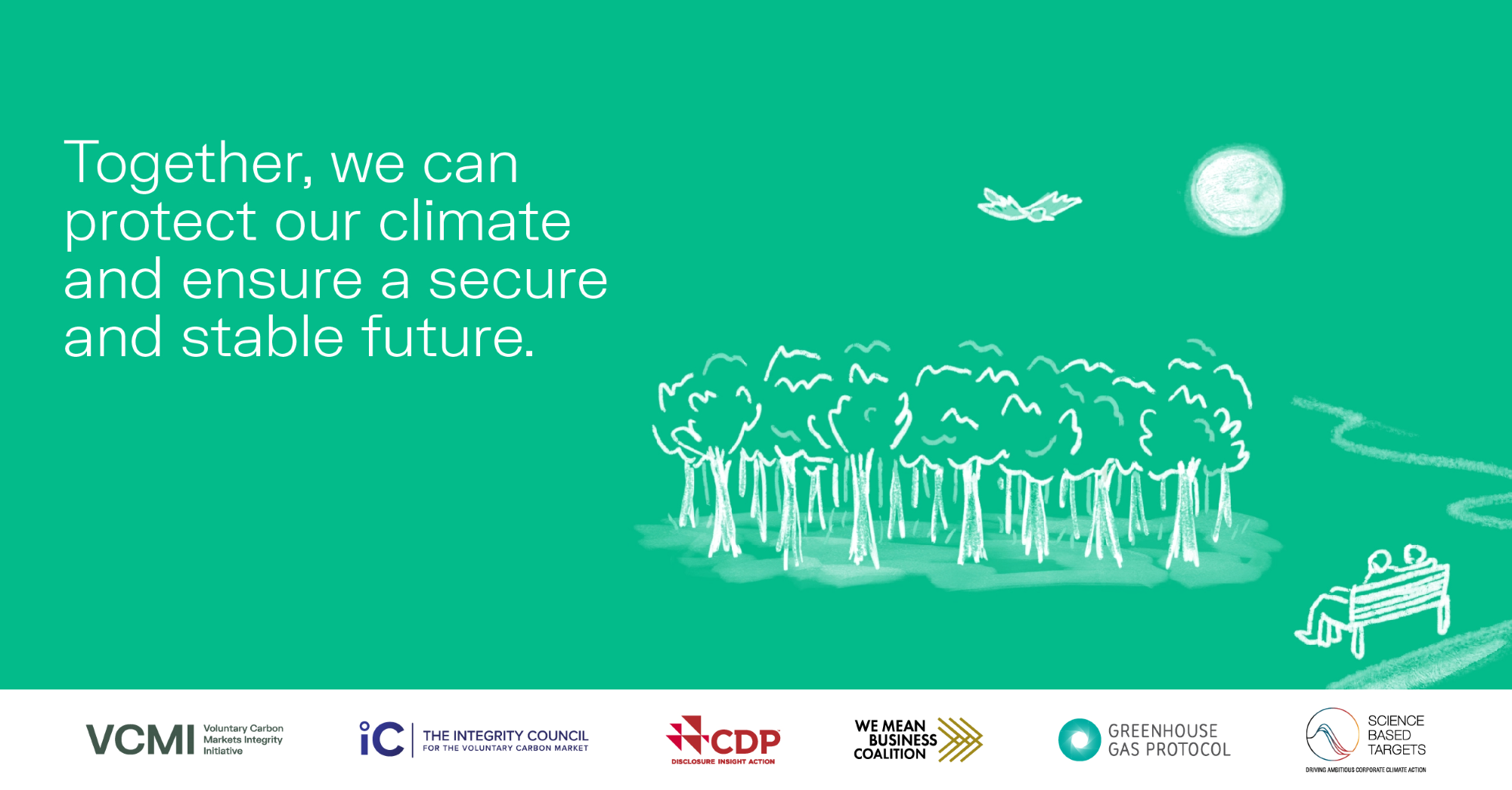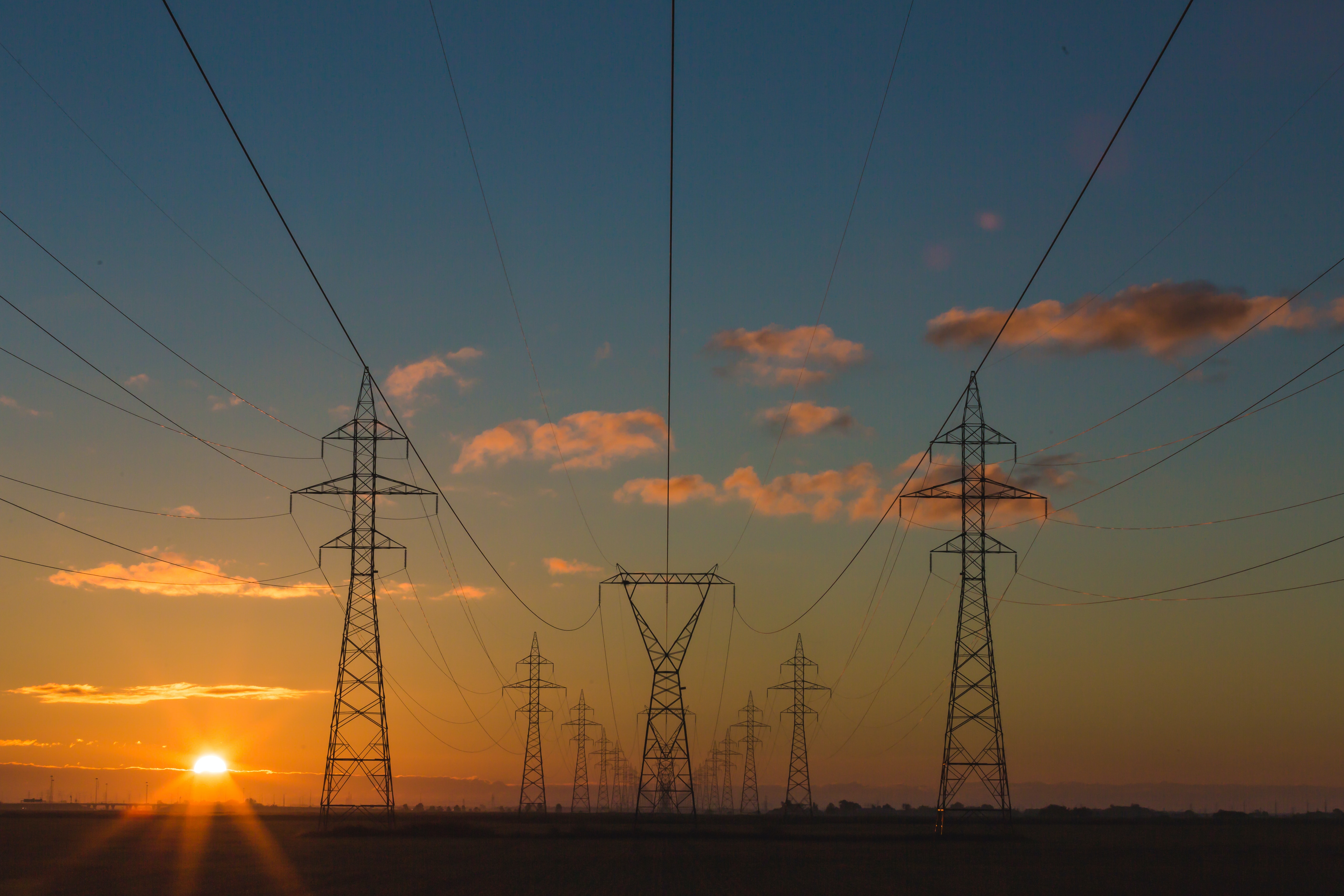Blog
Technical Working Group Nominations Update
| Update: Please note GHG Protocol is accepting applications for Technical Working Groups until January 15, 2025. |
What Are Greenhouse Gas Accounting and Corporate Climate Disclosures? 6 Questions, Answered
The origin of greenhouse gas (GHG) accounting dates to the late 1990s, but interest has grown exponentially in the past few years with the proliferation of both voluntary and more recently, mandatory corporate climate disclosure initiatives.
GHG Protocol Newsletter: February 2024
February 9, 2024
2023 by the Numbers: A Historic Year for GHG Protocol
We are excited to share the milestones we've hit over the last year. From launching two new overarching governance bodies, to administering four surveys, to adding 14 new staff members to our team, we have made significant progress towards updating our suite of corporate standards, expanded the ways stakeholders can be involved in our update process, and increased our team's capacity.
UPDATE: GHG Protocol Governance Body Applications Deadline Extended
| Update: Please note GHG Protocol is accepting applications for Technical Working Groups until January 15, 2025. |
Greenhouse Gas Protocol Announces Inaugural Chair of New Independent Standards Board
Greenhouse Gas Protocol is pleased to announce that Professor Dr. Alexander Bassen will serve as the inaugural Chair of its Independent Standards Board (ISB), the new governance body tasked with overseeing the update of GHG Protocol’s flagship suite of standards for business (including the Corporate Standard, Scope 2 Guidance, and Scope 3 Standard).
Inventory and Project Accounting: A Comparative Review
In 1998, WRI and WBCSD formed a partnership to develop the Greenhouse Gas (GHG) Protocol Corporate Standard, published in 2001 and revised in 2004, and the GHG Protocol for Project Accounting (Project Protocol), published in 2005. These standards provide two methods to account for emissions, respectively: entity-level GHG inventory accounting, which describes how to quantify and allocate an organization’s share of emissions to the atmosphere, and project-based GHG accounting, which describes how to evaluate emissions effects of a project relative to a counterfactual baseline scenario without the project.
GHG Protocol December Newsletter
GHG Protocol December Newsletter
GHG Protocol Releases Corporate Standard Survey Draft Summary Report
Corporate Standard Survey Draft Summary Report Now Available
Between November 2022 and March 2023, GHG Pro
Achieving High-Integrity Corporate Climate Action: Animation and Infographic Launched by International Organizations Driving and Supporting Corporate Climate Transitions
A group of organizations involved in different phases of the corporate decarbonization journey today published an animation and infographic to demonstrate how each of them play complementary roles in supporting ambitious climate action.
ANNOUNCEMENT: GHG Protocol Launches New Governance with Call for Steering Committee and Independent Standards Board Applications
This governance restructuring is part of GHG Protocol’s overall strategy refresh. In May 2022, GHG Protocol initiated a strategy and organizational review process, including soliciting feedback from a diverse range of stakeholders. This feedback calls for a more formalized governance process and increased transparency and speed of standards development.
Deadline Extended: Survey on Subnational GHG Reporting
Feedback now due December 31
GHG Protocol Releases Final Summary of Scope 2 Survey Feedback
Final Summary of Scope 2 Guidance Survey Feedback Now Available
GHG Protocol September Newsletter
GHG Protocol September Newsletter
STATEMENT: California’s Climate Corporate Data Accountability Act Requires Companies to Disclose Greenhouse Gas Emissions by 2026
WASHINGTON, D.C.
Webinar Recording Now Available: Topline Findings from Market-based Accounting Approaches Survey
As a part of GHG Protocol's standards update process, we recently hosted a webinar reviewing key themes presented by stakeholders in their responses to our market-based accounting approaches survey.
GHG Protocol August Newsletter
GHG Protocol August Newsletter
Upcoming Webinar: Topline Findings from Market-based Accounting Approaches Survey
Upcoming Webinar: Topline Findings from Market-based Accounting Approaches Survey

















